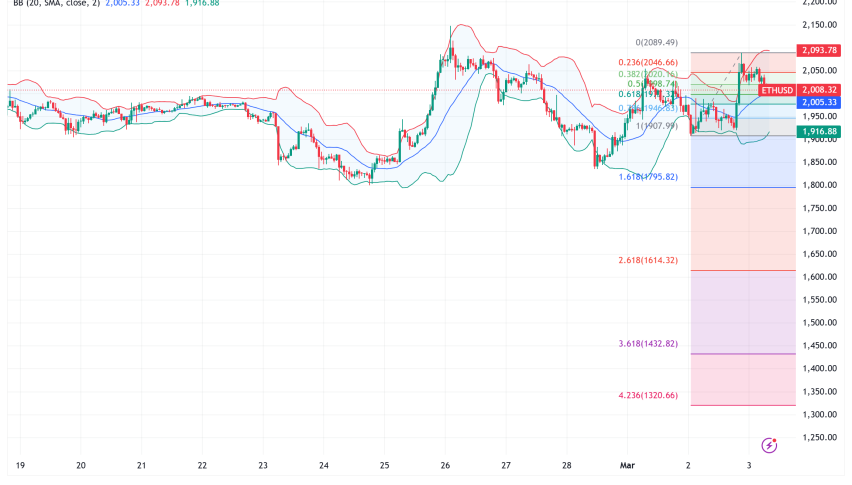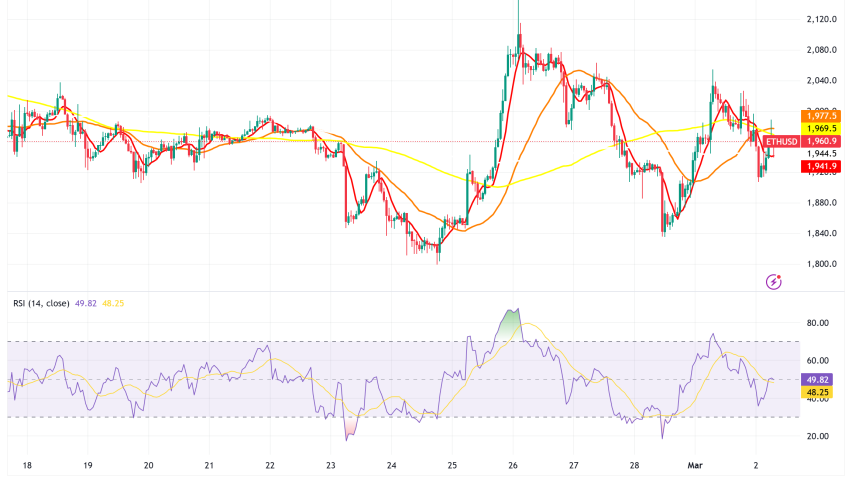Vitalik Buterin Warns of Privacy Threats in Single‑ID Digital Identity Systems
Ethereum co-founder Vitalik Buterin has raised a serious warning about the privacy dangers tied to single-ID digital identity systems,

Quick overview
- Vitalik Buterin warns that single-ID digital identity systems, particularly those using zero-knowledge protocols, pose significant privacy risks.
- He argues that enforcing a one-per-person ID could erode pseudonymity and limit users' ability to act anonymously online.
- Buterin advocates for pluralistic identity systems that allow users to manage multiple credentials, enhancing privacy and reducing centralized control.
- His concerns highlight the need for privacy considerations in evolving identity frameworks to protect user autonomy and maintain trust in digital innovation.
Ethereum co-founder Vitalik Buterin has raised a serious warning about the privacy dangers tied to single-ID digital identity systems, especially those using zero-knowledge (ZK) protocols.

Projects like “World”, formerly Worldcoin rely on biometrics and ZK proofs to create a single identity per person, a model that may compromise user privacy.
Buterin explains that even though ZK proofs allow users to verify identity without revealing personal details, the enforcement of a one-per-person ID risks eroding pseudonymity. In today’s digital world, users often maintain multiple online personas to separate activities. If everyone is forced into a single identity, the ability to speak, act, or share anonymously could vanish.
He also warns of real-world consequences. Centralized systems could compel users to link their identity across platforms, which may expose them to surveillance by governments, employers, or corporations. Even with technical measures, ZK-based systems cannot fully protect against coercion or account for situations where people lack access to biometric or legal documents.
As an alternative, Buterin proposes “pluralistic identity” systems. Instead of relying on a single ID issuer, users would present multiple credentials perhaps combining government IDs, social accounts, or reputational attestations. This model enables users to manage multiple pseudonyms and reduces centralized control over identity.
Such pluralistic systems also provide resilience. They can better handle edge cases like people without official documents and avoid forcing users into a single identity framework. This aligns with foundational privacy principles: pseudonymity, decentralization, and user control over personal data.
Buterin’s concerns arrive amid global expansion in biometric ID projects. He stresses that while zero-knowledge technologies offer important privacy protections, they are insufficient if systems mandate a universal identity. The risk of overreach is real, and he believes pluralistic identity models are essential to preserve digital freedom.
For financial brokers advising clients on digital asset and DeFi integration, privacy considerations around identity management are becoming increasingly important. As identity frameworks evolve, protecting user autonomy and data privacy will be critical to maintaining trust and safeguarding digital innovation.
- Check out our free forex signals
- Follow the top economic events on FX Leaders economic calendar
- Trade better, discover more Forex Trading Strategies
- Open a FREE Trading Account
- Read our latest reviews on: Avatrade, Exness, HFM and XM


